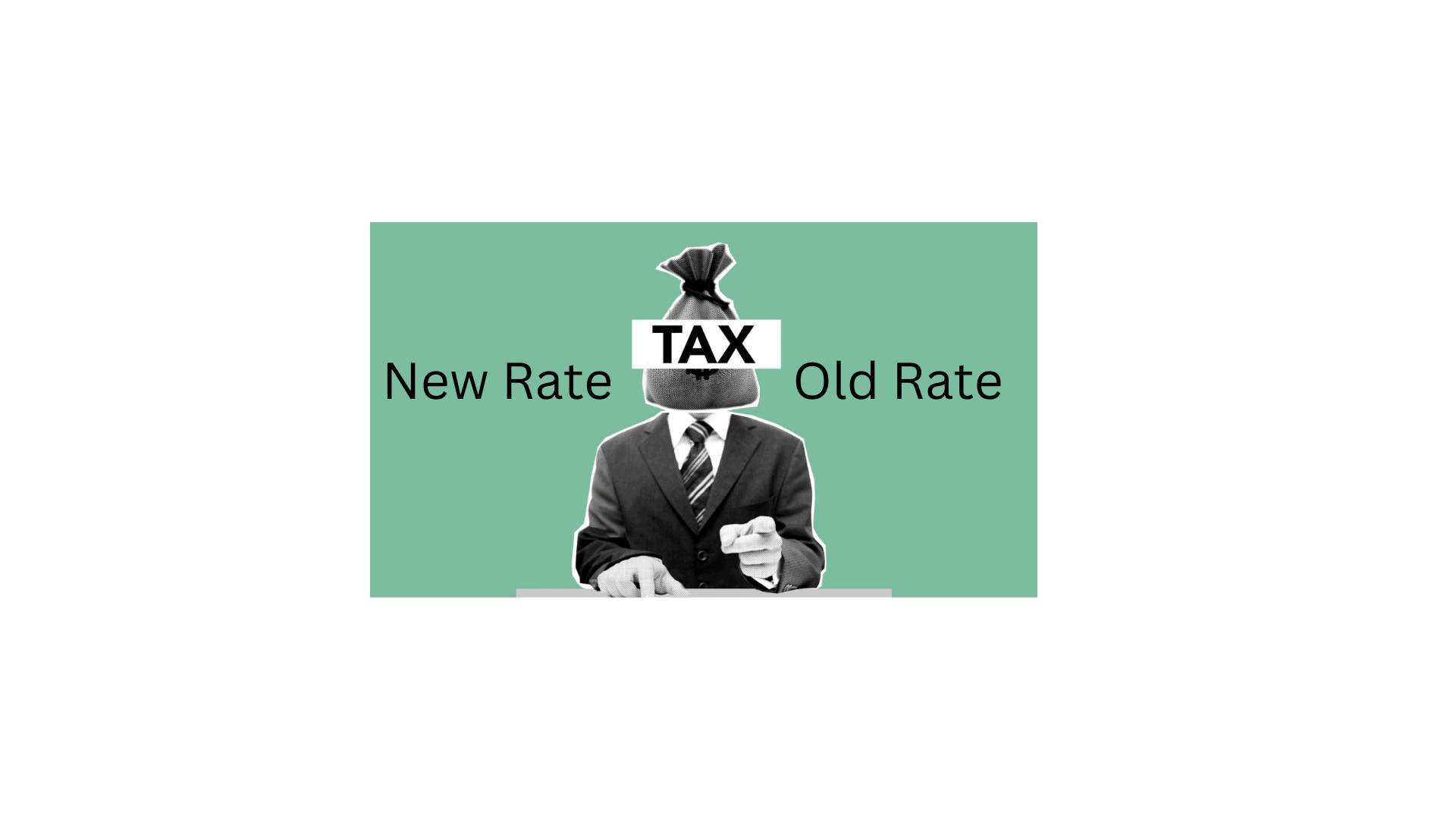Tax planning is a crucial aspect of managing personal finances in India. with the financial year 2022-23 closing approaching for the financial year 2022-23, it is important to have a sound understating of the tax laws and regulations to minimize the liability while staying compliant with the law. in this blog , we will discuss some essential aspect of tax planning for income tax, comparing old and new income tax rates along with some useful tips.

Understanding the tax slabs and rates
one of the first steps in tax planning is to understand the slabs and rates. currently we have 2 tax rates (tax regime) for the financial year 2022-23, the income tax slabs and rates for individual taxpayers are as follows:
Here are the new tax rates (new tax regime) introduced for individual taxpayers in India in the financial year 2020-21:
Up to Rs. 2,50,000 – Nil
Rs. 2,50,001 to Rs. 5,00,000 – 5%
Rs. 5,00,001 to Rs. 7,50,000 – 10%
Rs. 7,50,001 to Rs. 10,00,000 – 15%
Rs. 10,00,001 to Rs. 12,50,000 – 20%
Rs. 12,50,001 to Rs. 15,00,000 – 25%
Above Rs. 15,00,001 – 30%
Note: it is important to note that these rates are subject to various exemptions, deductions, and surcharges, additionally, taxpayers can still choose to pay tax under the old tax rates (old tax regime), which are as follows:
Up to Rs. 2,50,000 – Nil
Rs. 2.50,001 to Rs. 5,00,000 – 5%
Rs. 5,00,001 to Rs. 10,00,000 – 20%
Above Rs. 10,00,001 – 30%
The old tax rates also offer several exemptions and deductions, such as deductions under section 80C and Section 80D of the Income Tax Act, which can significantly reduce tax liability.
Taxpayers need to compare both the tax regime new and old tax regime, to determine which tax rate is more beneficial for your specific situation.
Deductions and Exemptions to reduce tax liability
One of the most effective ways to reduce tax liability is to use deductions and exemptions. Like under Section 80C of the Income Tax Act, taxpayers can claim deductions of up to Rs. 1,50,000 for investment made in various tax saving instruments such as public provident fund(PPF), Equity Linked Saving Scheme (ELSS), Life Insurance, Even Payment made for Child Education Fees, Home Loan Principal Payment are allowed as deduction is Section 80C.
Similarly, under Section 80D, taxpayers can claim deductions for health insurance premiums paid for themselves, their spouses, dependent children, and dependent parents. tax payer can claim deductions of upto Rs. 25,000 below 60 Years and Rs. 50,000 for senior citizen.
Taxpayer can also invest in National Pension Scheme under section 80CCD and get additional deduction of Rs 50,000.
Taxpayer house property which borrowed from bank or financial institution, can claimed deduction under section 24 for interest paid during the year to the bank or financial institution up to Rs. 2,00,000.
Salaried Tax payer can claim exemption for House Rent Allowance(HRA) if they are Residing on Rent. and Standard deduction of Rs 50,000 which is available only to the salaried tax payers.
Note above deduction and exemption are available only to the taxpayer who remains in old tax Rate(Old Tax Regime).
Paying advance tax to avoid interest
Another important aspect of tax planning is to pay advance tax. Advance tax is the tax paid in advance by taxpayers on their estimated income for the year. if a taxpayer liability exceeds Rs. 10,000 in financial year, they are requried to pay advance tax, failure to pay advance tax can result in interest under section 234B& 234C.
The due dates for payment of advance tax for the financial year 2022-23 are as follows:
On or before 15th June 2022 – 15% of the estimated tax liability
On or before 15th September 2022 – 45% of the estimated tax liability
On or before 15th December 2022 – 75% of the estimated tax liability
On or before 15th March 2023 – 100% of the estimated tax liability
Final Thoughts
Tax planning is a complex process that requires careful consideration of various factors such as income, deductions, exemptions, and investments. taxpayers should seek professional advice if they are unsure about their tax planning strategy. with proper and adherence to tax laws. taxpayers can minimize their liability while achieving their financial goals.
Taxpayers can contact us for professional advice

